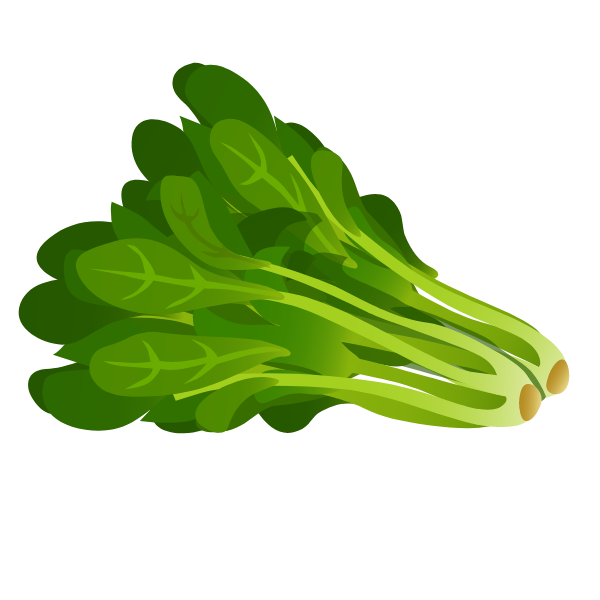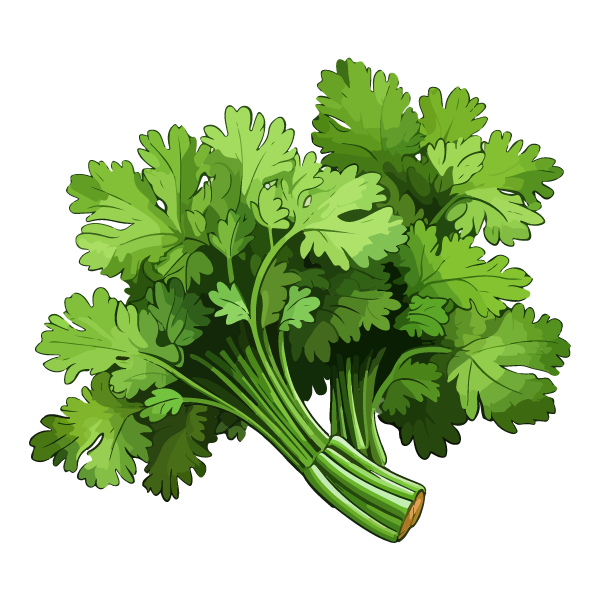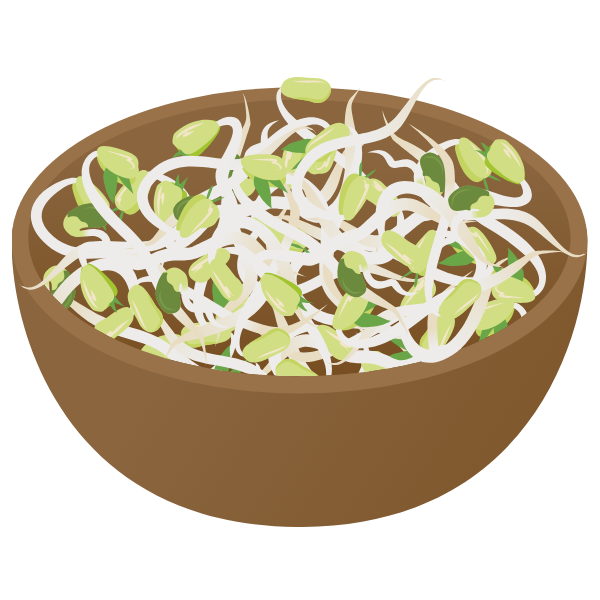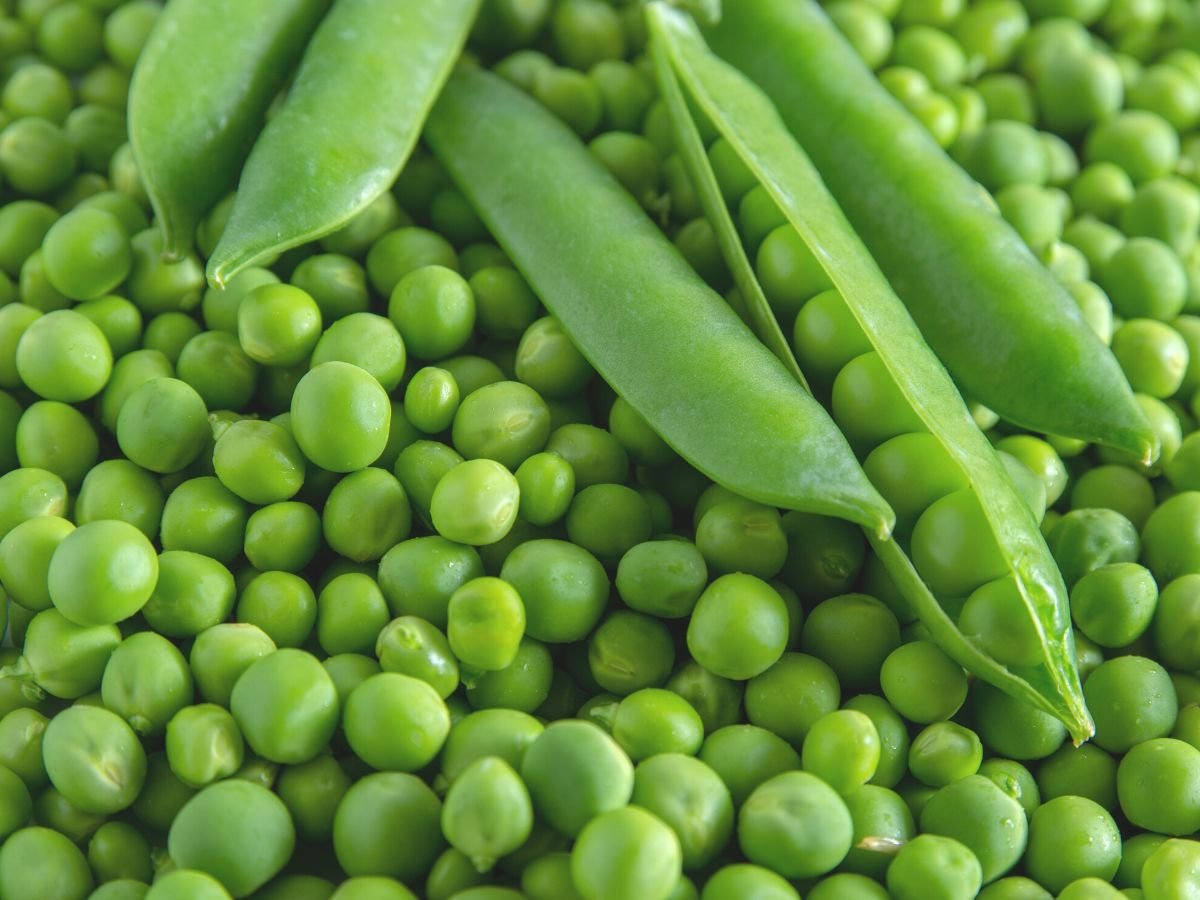Understanding the Power of Green Peas in Weight Loss Green peas, often overlooked in the…

The Health Benefits of Mint Leaves
Mint leaves, often overlooked in the realm of herbs, harbor a treasure trove of health benefits. From their refreshing flavor to their numerous medicinal properties, these tiny leaves pack a powerful punch in enhancing well-being. Dive into the world of mint leaves and discover the plethora of advantages they offer for your health and vitality.
1. Introduction to Mint Leaves
Mint leaves, scientifically known as Mentha, have been revered for centuries and celebrated for their versatility and healing properties. Their invigorating aroma and cooling sensation make them a staple in various cuisines and medicinal practices across the globe.
2. Nutritional Composition of Mint Leaves
Surprisingly Nutrient-Rich: Mint leaves are a powerhouse of nutrients, packed with vitamins A and C, iron, calcium, and magnesium. These elements contribute significantly to overall health and vitality.
3. Digestive Health Benefits
Soothing the Digestive Tract: Mint leaves aid in digestion by relaxing muscles in the gastrointestinal tract, easing discomfort, and reducing bloating. They are known to alleviate symptoms of indigestion effectively.
4. Respiratory Benefits
Clearing the Airways: The menthol in mint leaves acts as a natural decongestant, providing relief from respiratory congestion and discomfort associated with conditions like asthma and allergies.
5. Skin and Hair Benefits
Revitalizing Skin and Scalp: Mint leaves possess antiseptic and anti-inflammatory properties, making them a fantastic remedy for acne, soothing skin irritations, and promoting a healthy scalp.
6. Stress Relief and Mental Clarity
Calming the Mind: The aroma of mint leaves has a calming effect on the mind, aiding in stress relief and improving focus and cognitive functions.
7. Oral Health Benefits
Refreshing Oral Hygiene: Mint leaves combat bad breath and possess antibacterial properties that promote overall oral health, preventing oral infections and cavities.
8. Weight Management and Metabolism
Boosting Metabolism: Mint leaves support weight management by aiding digestion and increasing the body’s metabolic rate, potentially aiding in weight loss efforts.
9. Antioxidant and Anti-inflammatory Properties
Combatting Oxidative Stress: The rich antioxidant content in mint leaves helps the body fight free radicals, reducing inflammation and lowering the risk of chronic diseases.
10. Culinary Uses and Incorporating Mint in Diet
Versatile Culinary Addition: Mint leaves elevate the flavor profile of dishes, adding a refreshing touch to beverages, salads, and desserts.
11. Growing Mint at Home
Simple Cultivation: Cultivating mint at home is easy, requiring minimal effort. It thrives in both indoor and outdoor settings, making it an accessible herb to grow.
12. Precautions and Possible Side Effects
Exercise Caution: While mint leaves offer numerous benefits, excessive consumption can lead to adverse effects, such as heartburn or allergic reactions in some individuals. Moderation is key.
13. Conclusion
The humble mint leaf, often overlooked, emerges as a powerhouse of health benefits, offering a myriad of advantages for physical, mental, and emotional well-being.
FAQs About the Benefits of Mint Leaves
1. Are mint leaves suitable for all ages?
Yes, mint leaves are generally safe for consumption across various age groups. However, it’s advisable to consult a healthcare professional for specific concerns, especially for infants and individuals with certain medical conditions.
2. Can mint leaves aid in weight loss?
Mint leaves can potentially assist in weight management by promoting digestion and boosting metabolism. However, they aren’t a standalone solution for weight loss and should be complemented with a balanced diet and regular exercise.
3. How can I incorporate mint leaves into my daily routine?
You can use mint leaves in various ways, such as infusing them in water for a refreshing drink, adding them to salads or smoothies, or even brewing them into teas for their therapeutic benefits.
4. Are there any known allergies associated with mint leaves?
Yes, while rare, some individuals may experience allergic reactions to mint leaves. Symptoms might include skin irritation, headaches, or digestive issues. Monitor for any adverse reactions when consuming mint.
5. Can mint leaves be used for skincare?
Absolutely, mint leaves possess anti-inflammatory properties and can be used in homemade face masks or toners to soothe skin irritations and help combat acne.















